Blogs
My recent surgery is negatively affecting my mental health. My last post was about having a schizoaffective episode right after the surgery. As if that wasn’t enough, I have had to go through and am going through a lot of other stress and anxiety, too. While my knee is healing well, the surgery's mental health impact is almost unbearable.
I've learned throughout my life, and in having coped with anxiety for many years, that many of the simplest pleasures in life can be the most helpful for my anxiety. Therefore, taking the time to appreciate simple pleasures is an instrumental part of my life and my ability to cope with anxiety.
Forming healthy relationships in early recovery from alcoholism is tricky. If you go the route of inpatient treatment or Alcoholics Anonymous (AA), you'll soon learn the phrase "people, places, and things." Much of that boils down to avoiding people from your active addiction to help you stay sober. So, how does someone new to recovery approach forming healthy relationships and avoid ones that may lead back to alcoholism and addiction?
I live as a transgender person, and I also have bipolar disorder. While being transgender is not a mental illness, these two things still have a lot in common. Over the years, I've reflected on what these two things share. Today, I'll discuss the commonalities between them and what it feels like to live both as a transgender person and as a person with bipolar disorder.
Who are you? They say you are not your job. Personally, I say one more thing: you are not your relationship. But if you are not your job or relationship, who are you?
When I started taking medication every day, I was worried that it would make me a drug addict. Some might find this fear weird, but it was definitely a real fear for me. My father was an addict, and I was terrified of turning into one, too. My psychiatrist at the time did nothing to disabuse me of that notion either (he probably never thought it would cross my mind). So, let's look at whether taking medication every day makes you a drug addict and how to deal with that fear.
Here's an inside look at the first line of my latest journal entry: "I am an eating disorder survivor. I am not an eating disorder savior." In other words, I have no power to rescue anyone else from a harmful relationship with food, exercise, or body image. No matter how desperately I want to be of help and service, I cannot force another person to embrace their healing journey. I can cheer them on toward recovery, but I will never be able to control their actions or decisions. Nor should I even attempt to hijack that responsibility in the first place. It doesn't belong to me. But if I already know that I am not an eating disorder savior, why do I still need a reminder? The short answer is that I always think I can manage this self-proclaimed role—until I can't.
Positive self-talk is important. The choices that we make and the experiences we have shape our ongoing growth process. This includes how we talk to ourselves. Those around us only see a small portion of who we are. However, each one of us knows ourselves best. This is because we live with ourselves every moment of our lives. The internal conversation that we have with ourselves shapes who we are and how we navigate this world. In today's post, I want to share some ideas regarding the importance of positive self-talk.
I like to practice gratitude in recovery. This is because recovering from a mental illness is difficult and often comes with dark moments. In my own journey, there have been many times when I've felt discouraged and disengaged and ultimately have asked myself, "Is recovering worth it?" Well, yes, it is worth it, but it's nice to have reminders. I've taken my gratitude practices very seriously in the last few years, and they've become essential to my recovery.
Jokes and pranks can be fun for some people, but they can be downright abusive for others. Not everyone will possess the same sense of humor, leaving the other person with conflicted feelings. Does this mean pranks and jokes are verbally abusive or cruel? For some, they can be. While jokes can be fun, hurtful or malicious words packaged in an entertaining method of delivery are still verbal abuse.


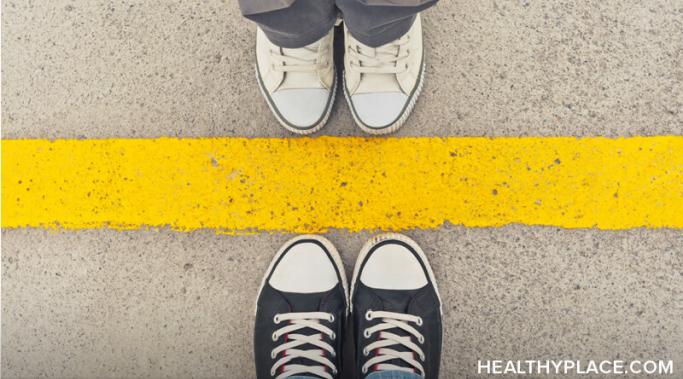
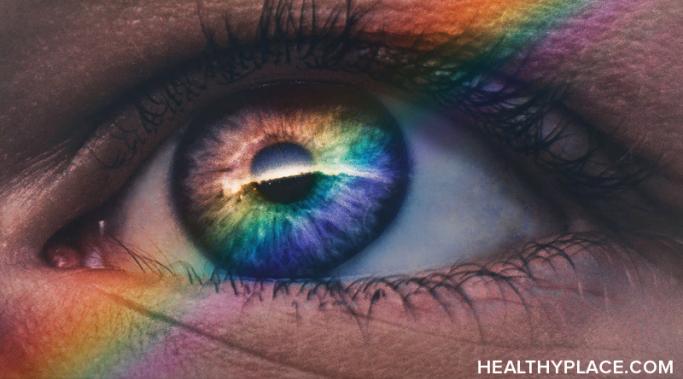
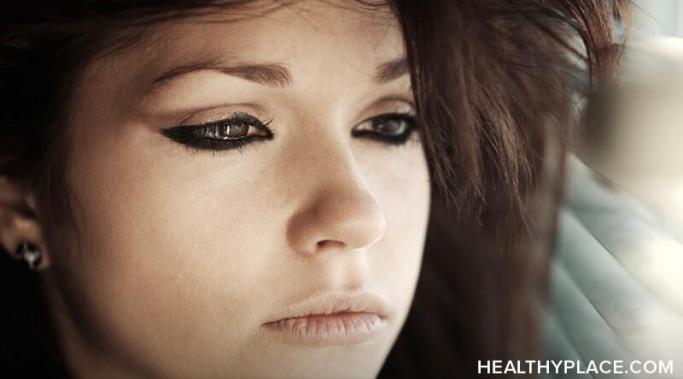
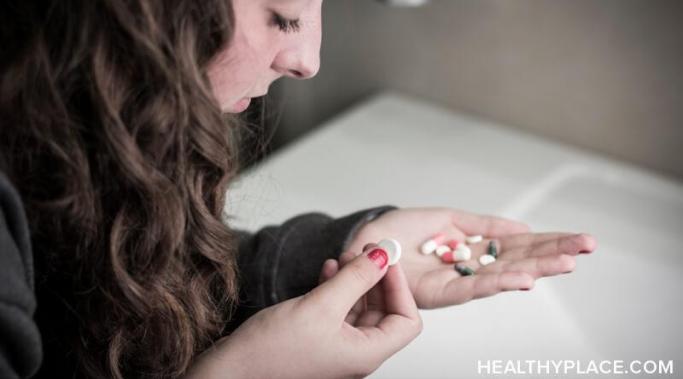


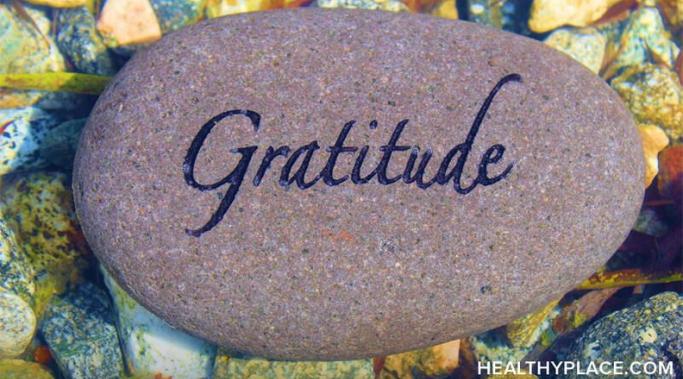

Also, abuse is wrong, and in order for it to be abuse means there is automatically someone on the receiving end who doesn’t deserve it, which is what is called a victim. In actuality, you can be both a victim AND a survivor AT THE SAME TIME.
I am interested in a lot of the topics available on this site, but this article honestly makes me question how ignorant and untruthful/misrepresenting other articles on this site might be. This article betrays credibility for the site as a whole. Might want to consider that. Especially with both disability AND domestic violence being on the rise…this article is only going to get more and more negative feedback over time.